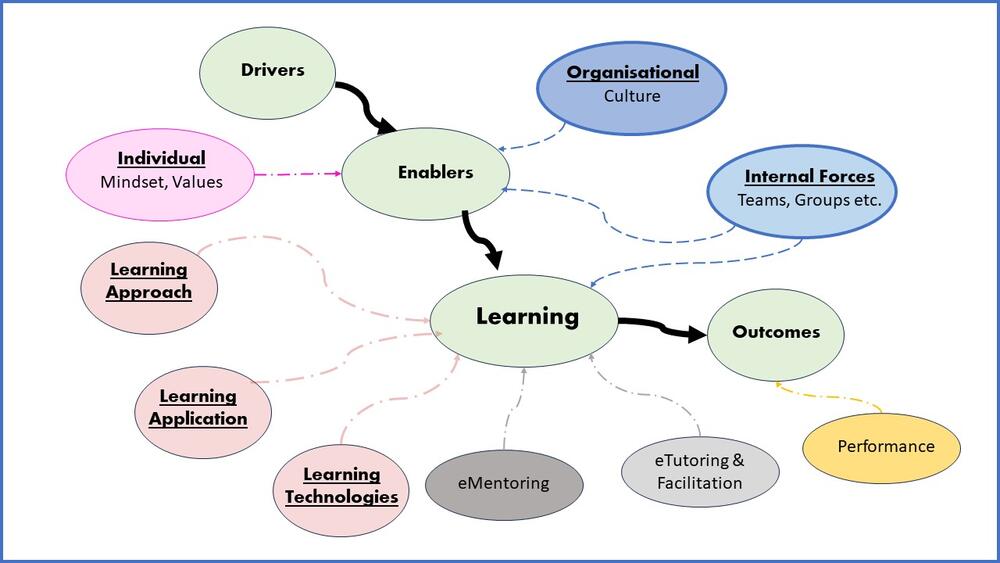As organisations embrace reskilling programs to adapt to the rapidly changing business landscape, it is crucial to navigate the challenges of program design effectively. This article delves into the design capabilities of organisations with reskilling initiatives and explores strategies to overcome common obstacles, leveraging insights from industry research and best practices.
Designing Reskilling Programs:
While organisations show confidence in selecting employees for reskilling and identifying priority skills, there is room for improvement in other areas of program design. Studies have shown that only not all indicate strong capabilities in curriculum design, signalling the need for enhanced instructional methodologies and personalised learning experiences. Similarly, not all organisations can express confidence in designing effective incentives to drive employee engagement and motivation. To promote program success, organisations must prioritise comprehensive communication plans and stakeholder engagement strategies, harnessing the power of effective storytelling and collaboration. Overarching that is the need to define a culture for learning as the foundation upon which all learning sits.
Leveraging Best Practices:
To enhance program design, organisations can draw inspiration from best practices observed across industries. Incorporating agile methodologies can facilitate iterative curriculum development, allowing for continuous feedback and adaptability to evolving skill requirements. Employing a blended learning approach that combines online platforms, immersive simulations, and hands-on experiences can foster deeper engagement and skill acquisition. Furthermore, integrating gamification elements, such as challenges, rewards, and friendly competition, can enhance motivation and drive sustained learning outcomes.
Navigating Challenges:
Reskilling programs face multifaceted challenges that require proactive management. Balancing the needs of the program with ongoing business operations is a critical consideration, demanding careful planning, flexible scheduling, and seamless integration with day-to-day workflows. Leveraging data analytics and advanced technologies, such as predictive modelling and AI-driven insights, can help organisations measure the impact of reskilling programs more accurately. By establishing robust evaluation frameworks aligned with strategic objectives, organisations can assess the effectiveness of the programs in terms of improved performance, productivity gains, and innovation outcomes.
Leadership and Change Management:
Effective program design goes hand in hand with strong leadership and change management practices. Organisations should foster a culture of continuous learning, with leaders actively championing reskilling initiatives and creating an environment that values skill development. By providing clear communication channels, support networks, and mentorship opportunities, organisations can empower employees to take ownership of their learning journeys. Aligning reskilling efforts with the organisation's vision and strategic goals is essential to ensure long-term success.
Collaboration and Partnerships:
Successful reskilling programs often thrive through collaboration and partnerships. Engaging external stakeholders, such as industry experts, educational institutions, and professional associations, can bring valuable perspectives and ensure the relevance of skills taught. Collaborative initiatives, such as apprenticeships, internships, and industry-academia partnerships, can bridge the gap between theoretical knowledge and practical application, fostering a seamless transition for learners into the workforce.
So We Think:
Designing effective reskilling programs requires organisations to optimise technologies, curriculum design, and takeup strategies which include - incentives, communication plans, and stakeholder engagement strategies. By leveraging best practices, embracing agile methodologies, and incorporating innovative learning approaches, organisations can drive successful reskilling initiatives. Overcoming challenges related to balancing business needs, measuring program impact, and nurturing a culture of lifelong learning is crucial. With strong leadership, effective change management, and strategic collaborations, organisations can unlock the full potential of their reskilling programs and thrive in an era of constant transformation.

